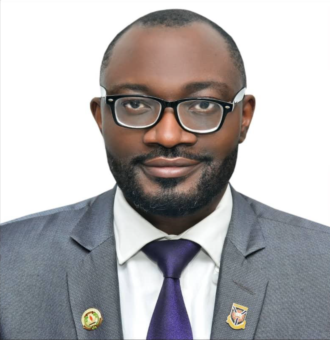A stroke occurs when a blood vessel that carries oxygen and nutrients to the brain is either blocked by a clot or bursts. The number of people who suffer a stroke, die from, or remain disabled by the condition globally has almost doubled over the past 30 years. Stroke could cause nearly 10 million deaths annually by 2050 mostly in low- and middle-income countries and cost up to US$2 trillion per year. The New World Stroke Organization-Lancet Neurology Commission forecasts future epidemiological and economic impacts of stroke, identifies evidence-based recommendations for improving stroke through four main pillars – stroke surveillance, prevention, acute care, and rehabilitation.
Based on a review of evidence-based guidelines, recent surveys, and in-depth interviews with stroke experts around the world, the authors make evidence-based pragmatic recommendations to reduce the global burden. The major barriers identified were low awareness of stroke and its risk factors (which include high blood pressure, diabetes mellitus, high cholesterol, obesity, unhealthy diet, sedentary lifestyle, and smoking), and limited surveillance data on stroke risk factors, events, management, and outcomes of stroke. Major facilitators included well-developed stroke organizations and networks that can build capacity for stroke care and research, and universal healthcare providing population wide access to evidence-based stroke care.
The Commission authors make 12 evidence-based recommendations. Key recommendations include: establishing low-cost surveillance systems to provide accurate epidemiological stroke data to guide prevention and treatment, raising public awareness and action to improve healthy lifestyles and prevent stroke through population-wide use of mobile and digital technologies, such as training and awareness-raising videos and apps, prioritizing effective planning of acute stroke care services, capacity building, training, provision of appropriate equipment, treatment and affordable medicines, and adequate resource allocation at national and regional levels, adapting evidence-based recommendations to regional contexts, including training, and support and supervision of community health workers to assist in long-term stroke care, establishing local, national, and regional ecosystems involving all relevant stakeholders to co-create, co-implement and monitor stroke surveillance, prevention, acute care, and rehabilitation. Stroke is highly preventable and treatable through solutions recommended by this Commission. Carrying out and monitoring the Commission’s recommendations, which are based on best evidence would lead to a drastic reduction in the global burden of stroke.

Prof Mayowa Ojo Owolabi is an esteemed Professor of Neurology at the University of Ibadan, Nigeria, with an outstanding career in scientific research. His ground-breaking work encompasses inventions such as the 'Seed of Life Model' and 'stroke quadrangle,' along with impactful contributions to stroke prevention and recovery.
His expertise spans neuroepidemiology, neurorehabilitation, genomics, hypertension, and global health policies. He has an impressive publication record, with an H index of 83 and 400 papers in renowned journals and more than 118,000 citations.
Beyond academia, he plays leadership roles in global organizations dedicated to neurorehabilitation and hypertension, advocating for action against these conditions in Africa. His research has had significant local and international impact, improving the health outcomes of millions. He is a respected leader in the fight against stroke and non-communicable diseases, recognized with prestigious awards and appointments.
Please read the full - length article at: https://doi.org/10.1016/S1474-4422(23)00277-6
Youtube:
Newscast Series from the College of Medicine, University of Ibadan (CoMUI),
Translational Research & Community Impact Committee (TRaCC) 0013

